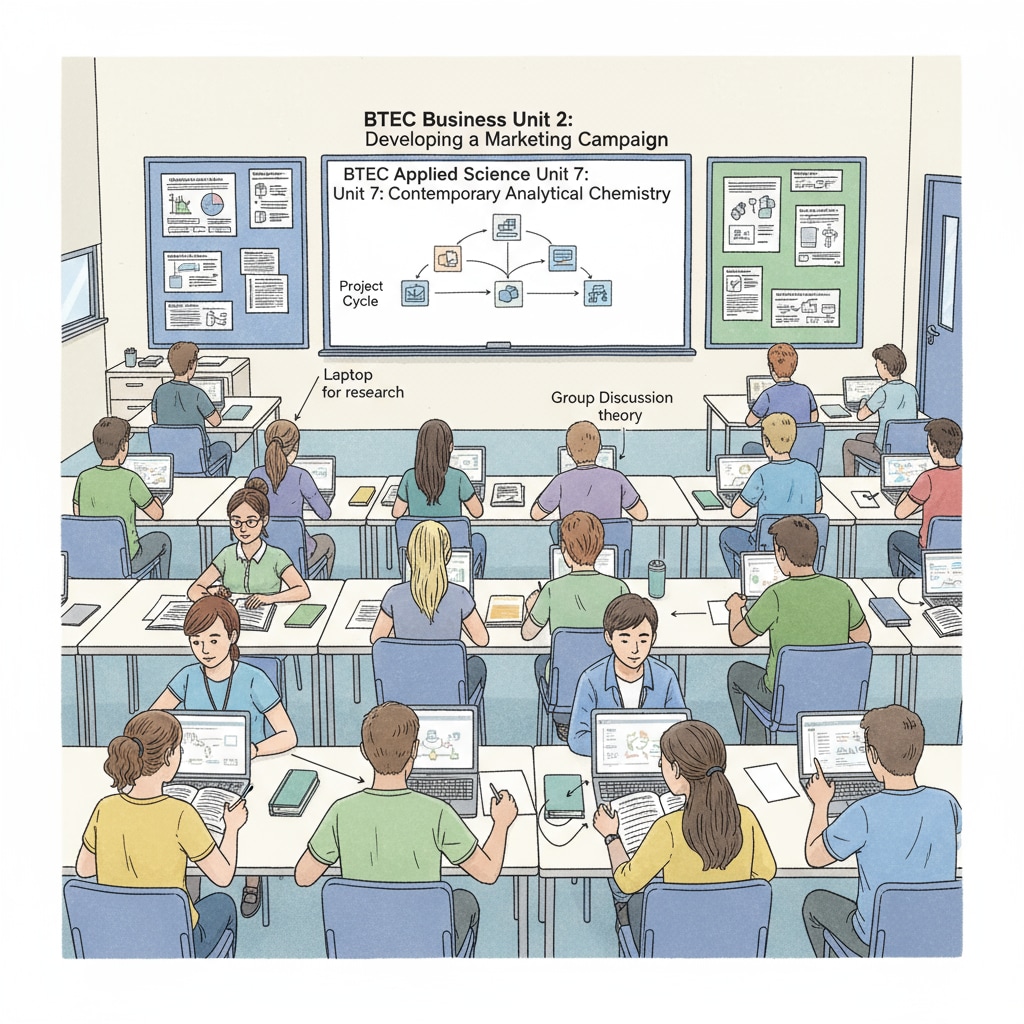When it comes to Japanese study abroad, A-level, BTEC, and university applications, one crucial question that often arises is whether the British BTEC qualification is sufficient for gaining entry into Japanese universities. The BTEC (Business and Technology Education Council) Level 3 qualification has been a popular choice among students in the UK, but its acceptance in the context of Japanese higher education needs careful consideration.

Understanding BTEC Qualifications
BTEC qualifications are vocational and practical in nature. They are designed to provide students with both theoretical knowledge and hands-on skills in various fields such as business, technology, and the arts. For example, a BTEC Level 3 in Business might cover aspects like marketing, management, and finance. These qualifications are highly regarded in the UK job market, but their standing in the international education arena, particularly in relation to Japanese university admissions, is a different matter. According to BTEC on Wikipedia, BTEC courses are modular and offer a flexible learning path.

Japanese University Requirements for International Students
Japanese universities have specific requirements for international students. Firstly, language proficiency is a key factor. Most universities require students to demonstrate a certain level of Japanese language ability, usually through tests like the Japanese Language Proficiency Test (JLPT). In addition to language, academic qualifications are also closely scrutinized. Japanese universities generally look for a comprehensive academic record that shows a student’s ability to handle the rigors of higher education. As stated on Japan’s Ministry of Education, Culture, Sports, Science and Technology website, they aim to enroll students who can contribute to the academic and cultural diversity of their campuses.
When it comes to international qualifications, Japanese universities typically consider the equivalence of the education system from which the student is coming. They assess whether the curriculum and standards of the international qualification match their own requirements.
BTEC Qualifications and Japanese University Admissions
The recognition of BTEC Level 3 qualifications in Japanese university applications is not straightforward. Some Japanese universities may view BTEC qualifications as equivalent to certain parts of their domestic educational requirements, especially if the BTEC course content aligns with the academic programs offered. However, other universities may be more conservative and require additional documentation or even supplementary exams to ensure that the student has the necessary academic foundation. For example, a student with a BTEC in Engineering might find that some Japanese engineering programs are more receptive if the BTEC curriculum covers relevant engineering principles and practical skills.
In general, it is advisable for BTEC holders to contact the admissions offices of the Japanese universities they are interested in directly. This allows them to clarify any doubts regarding the recognition of their qualifications and to understand the specific application process.
Application Strategies for BTEC Holders
For students with BTEC qualifications aiming to study in Japan, several strategies can be employed. Firstly, improving language skills should be a top priority. Investing time in learning Japanese can significantly enhance the chances of acceptance. Secondly, building a strong portfolio that showcases the practical skills and projects completed as part of the BTEC course can set a student apart. This can give Japanese universities a better understanding of the student’s capabilities.
In addition, obtaining letters of recommendation from BTEC instructors who can attest to the student’s academic and practical achievements can also strengthen the application. Finally, researching and targeting Japanese universities that have a history of accepting international students with diverse qualifications can increase the likelihood of a successful application.
Readability guidance: As seen above, we have used short paragraphs to present information clearly. Each section under the H2 headings provides a summary of key points. The use of active voice has been prioritized, and passive voice has been kept to a minimum. Transition words like “however”, “in addition”, and “for example” have been used to make the flow of the article smooth.


